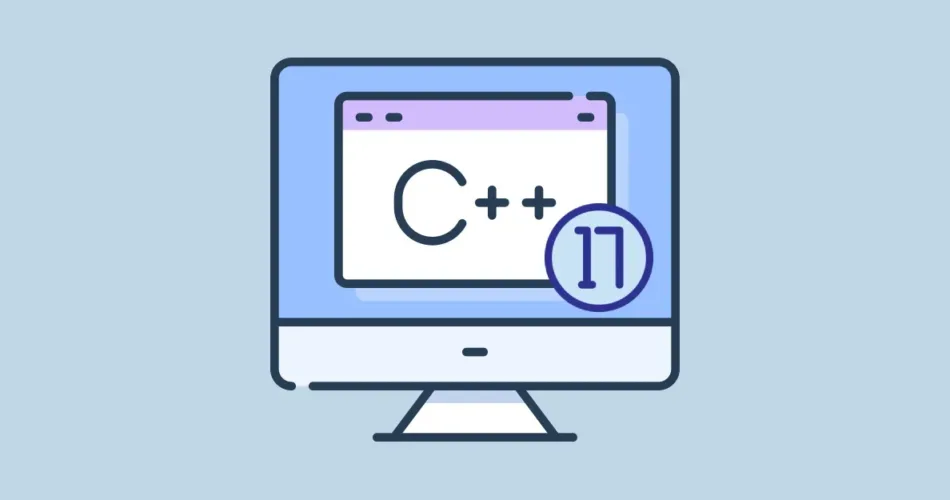As the world of programming evolves, so does the C++ language. With the release of C++17, developers are granted a powerful set of tools that elevate the language to new heights. In this exploration, we’ll dive into some of the captivating new features and enhancements that C++17 brings to the table. From simpler lambda expressions to the introduction of the <filesystem> library, C++17 empowers developers to write cleaner, more expressive code while harnessing the full potential of the language.
1. Simplified Lambda Expressions
Lambda expressions have been a staple of modern C++ development, and C++ 17 takes them a step further. The introduction of the auto parameter allows us to create more concise and versatile lambdas. This change reduces the verbosity of parameter lists, leading to cleaner and more readable code.
// C++14
auto func = [](int a, int b) { return a + b; };
// C++17
auto func = [](auto a, auto b) { return a + b; };
2. Embrace Structured Bindings
Say goodbye to the days of manually unpacking tuples and pairs. C++17 introduces structured bindings, a feature that allows you to effortlessly extract values from structured types into individual variables.
std::pair<int, double> values = {42, 3.14};
auto [x, y] = values; // Structured binding
// Now x = 42 and y = 3.14
3. Initialization in if and switch
C++17 lets you declare and initialize variables right within your if and switch statements. This scoped approach enhances code clarity and minimizes the risk of variable misuse.
if (int x = someFunction(); x > 0) {
// x is only available within this block
}
4. Embracing std::optional for Clarity
Handling nullable values becomes more elegant with std::optional. This type allows you to work with values that may or may not be present, reducing the reliance on null pointers and enhancing code safety.
#include <optional>
std::optional<int> value = getOptionalValue();
if (value) {
// Value is present
} else {
// Value is absent
}
5. The Arrival of <filesystem>
Working with files and directories is a common task, and C++17 introduces the <filesystem> library to make your life easier. This modern library simplifies file operations and enhances code portability.
#include <filesystem>
namespace fs = std::filesystem;
fs::path filePath = "myFile.txt";
if (fs::exists(filePath)) {
// File exists, perform operations
}
6. Unleash Parallel Algorithms
C++17 adds a new dimension to algorithms with parallelized versions. The <algorithm> library now offers parallel execution, tapping into the potential of multi-core processors for improved performance.
#include <algorithm>
#include <execution>
std::vector<int> numbers = {5, 2, 9, 1, 5, 6};
std::sort(std::execution::par, numbers.begin(), numbers.end()); // Parallel sort
Conclusion
C++17 is more than an update; it’s a gateway to more powerful and expressive code. From revamped lambda expressions to the introduction of the <filesystem> library and parallel algorithms, C++17 equips developers with the tools needed to write efficient, elegant, and innovative software. By staying updated with the latest features and standards, C++ developers can truly leverage the full potential of the language, creating robust and cutting-edge solutions. So, take the plunge into C++17, and watch your code reach new heights of sophistication and performance.
Subscribe to our email newsletter to get the latest posts delivered right to your email.


Comments